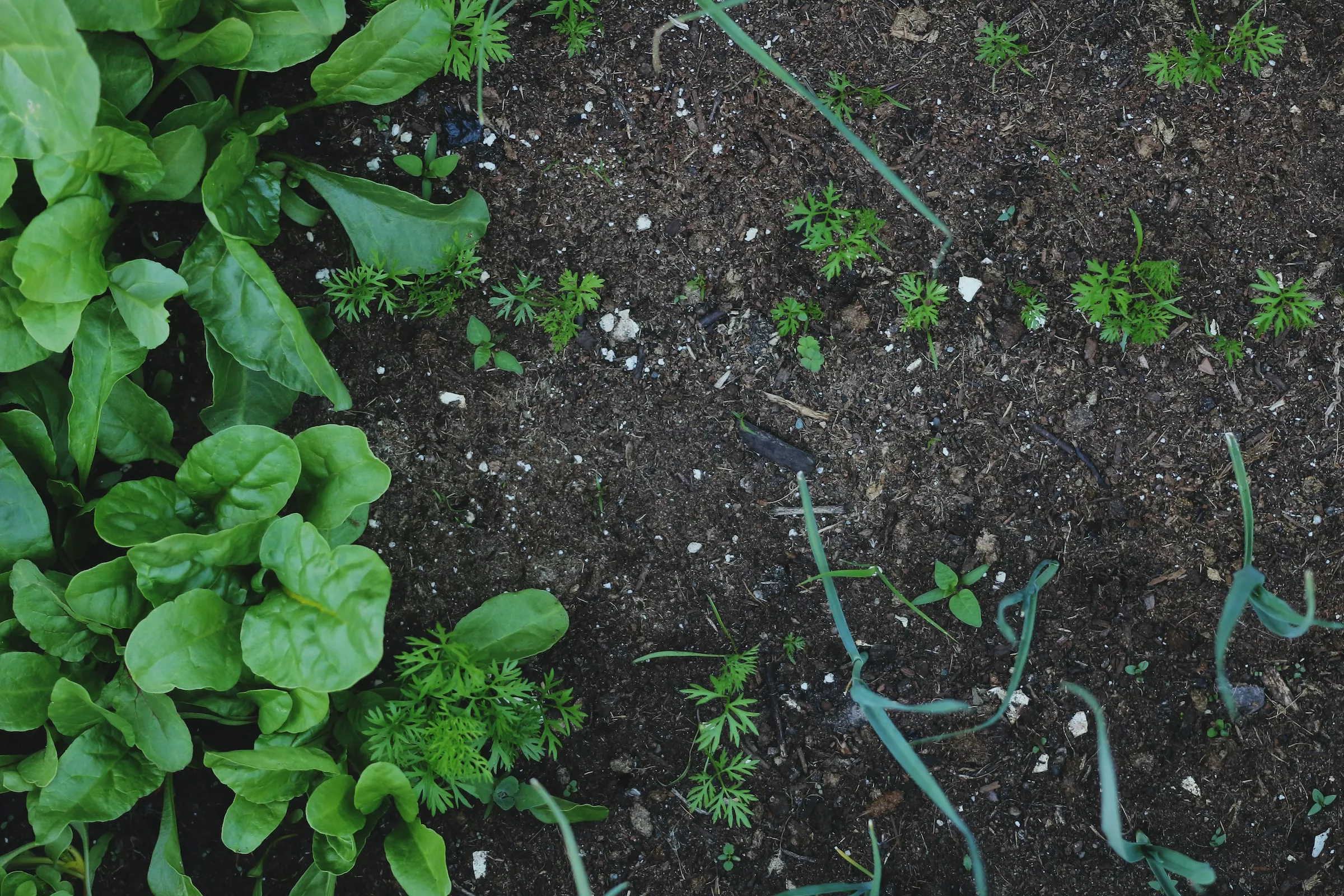Gardening is a rewarding and enjoyable hobby, but a successful garden begins with healthy soil. Understanding the science behind soil can help you create the best foundation for your plants to thrive. In this comprehensive guide, we’ll explore soil composition, pH levels, and techniques for improving soil quality.
Soil is comprised of a mix of organic matter, minerals, water, and air. The balance of these components determines the overall quality and fertility of your soil. Here’s a brief overview of each component:
- Organic matter: Comprised of decomposed plant and animal materials, organic matter provides essential nutrients for plants and supports the growth of beneficial microorganisms.
- Minerals: Derived from rocks and other natural sources, minerals help to anchor plant roots and provide essential nutrients.
- Water: Moisture in the soil is essential for plants to absorb nutrients and maintain their overall health.
- Air: Oxygen in the soil is necessary for plants to breathe and for beneficial microorganisms to thrive.
You can read about the soil life in a dedicated article here.
Assessing Your Soil: Signs of a Healthy Foundation
To create a thriving garden, it’s important to assess the quality of your soil. Here are a few indicators of healthy soil:
- Texture: Healthy soil should be crumbly and easy to work with. If your soil is too sandy or too clay-like, it may not provide the ideal environment for plants.
- Color: Dark, rich soil is generally an indication of high organic matter content.
- Smell: Good soil should have a pleasant, earthy smell. A sour or musty odor may indicate poor drainage or a lack of oxygen.
Soil pH: Finding the Right Balance for Your Plants
The pH level of your soil is a measure of its acidity or alkalinity. Most plants prefer a slightly acidic to neutral soil, with pH levels between 6.0 and 7.0. However, some plants may have specific pH preferences, so it’s essential to consider the needs of your plants when assessing your soil’s pH level.
You can test your soil’s pH using a home testing kit or by sending a sample to a professional lab. If your soil is too acidic or alkaline, you can amend it using materials like lime or sulfur to achieve the desired pH level.
Improving Your Soil: Techniques for a Healthy Foundation
Once you’ve assessed your soil, you can take steps to improve its quality. Here are a few techniques to help you create a healthy foundation for your garden:
- Add organic matter: Incorporating compost or other organic materials can improve soil structure, increase nutrient levels, and support beneficial microorganisms. This is THE primary way to improve soil health.
- Rotate your crops: Planting different types of plants in the same area each year can help prevent nutrient depletion and reduce the risk of pests and diseases. Note that this might not be required if your plants are in good health overall and you are practicing companion planting.
- Avoid compaction: Minimize foot traffic and use of heavy machinery in your garden to prevent soil compaction, which can limit root growth and reduce water infiltration.
- Cover crops: Planting cover crops like clover or rye can help to prevent erosion, add organic matter, and improve soil structure.
By understanding the science of soil and taking steps to improve its quality, you can create a healthy foundation for your plants to thrive. With a little effort and knowledge, you can enjoy a beautiful and productive garden for years to come.
Join Our Gardening Newsletter for More Tips
If you enjoyed reading this, don’t hesitate to subscribe to our newsletter for a wealth of gardening knowledge and insights. Stay up-to-date on the latest gardening trends, tips, and know-how, and make your green thumb even greener.



